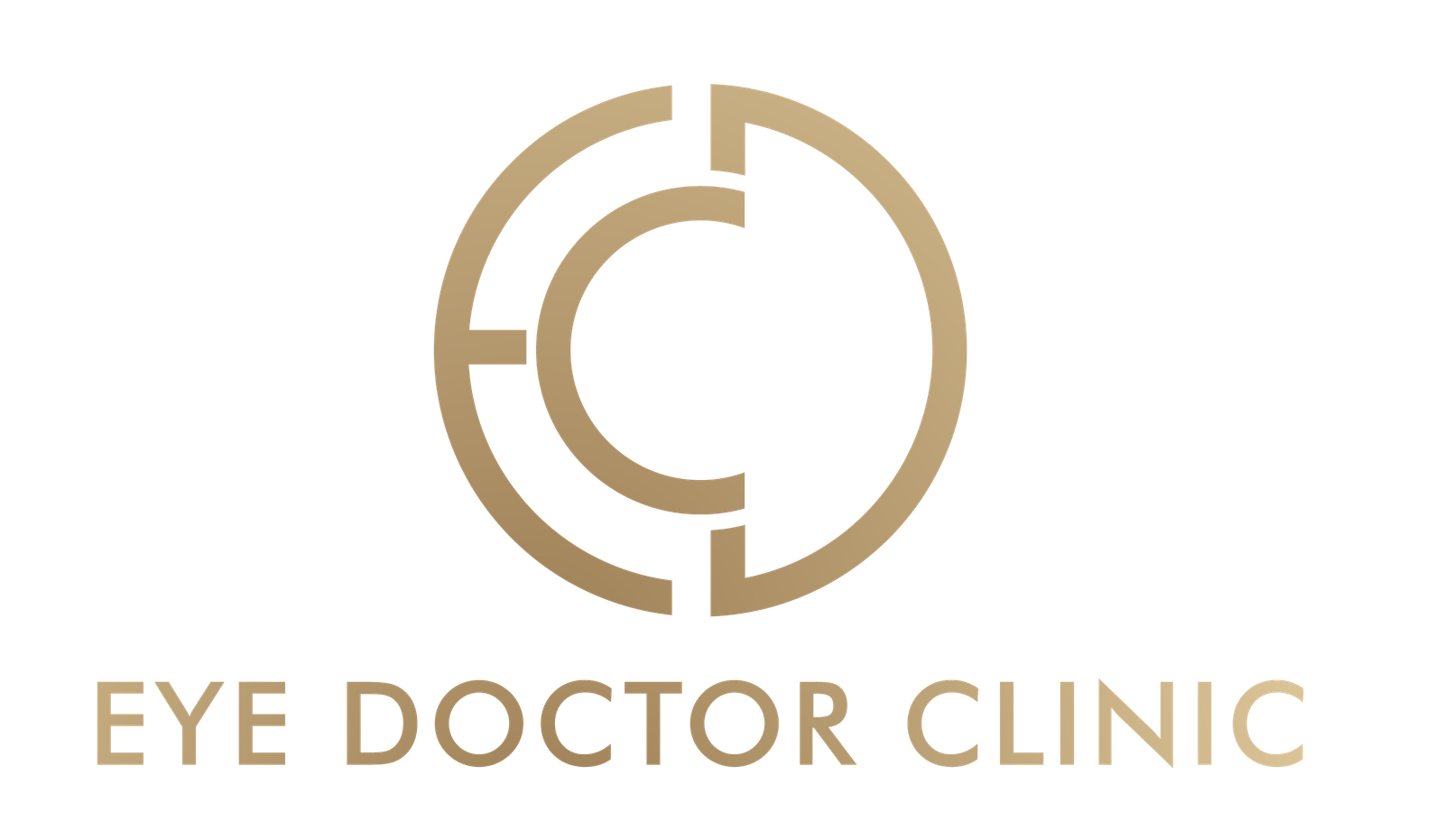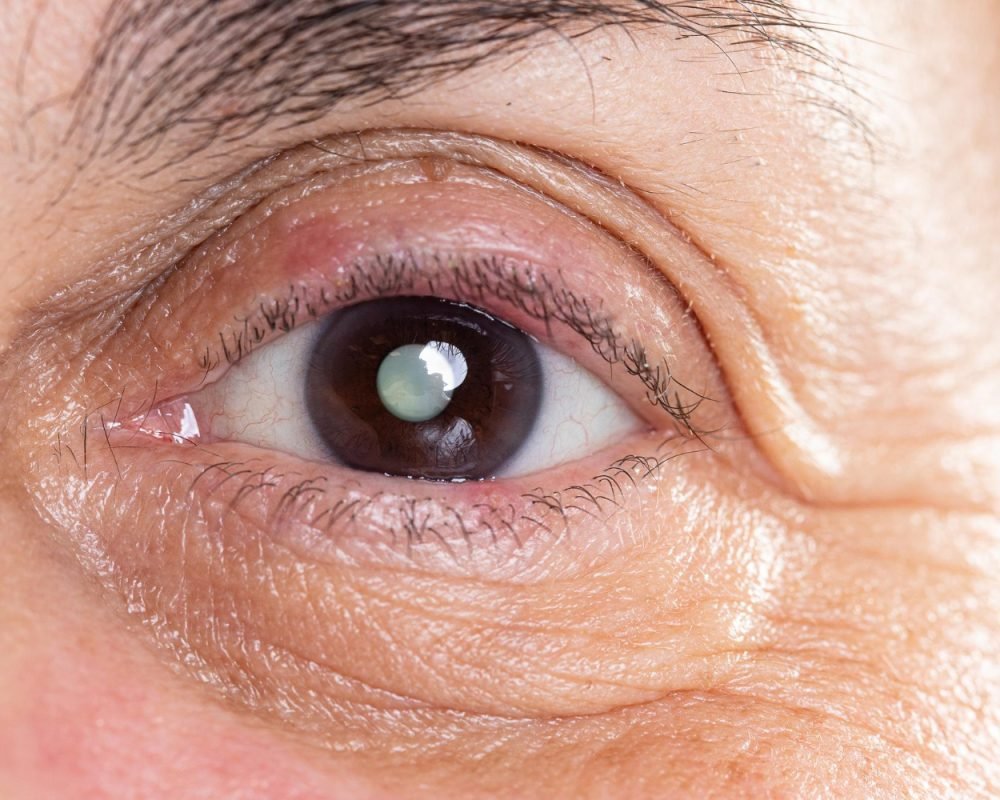
What are Cataracts?
A cataract is clouding of the lens inside the eye and is extremely common
after the age of 65yrs. Cataracts can result in significant visual impairment
including blurred distance or reading vision, glare with bright lights or rarely a
“split” vision. A change of spectacles, especially stronger reading glasses,
may initially improve vision but cataracts tend to cause progressive blurring
which can only be partly helped by using glasses.
Early Signs of Cataracts
Cataracts often develop slowly, and you might not notice any changes in your vision at first. However, some early signs to be aware of include:
- Increased sensitivity to glare, especially at night
- Blurry or cloudy vision
- Difficulty reading or seeing details clearly
- Faded colours appear less vibrant
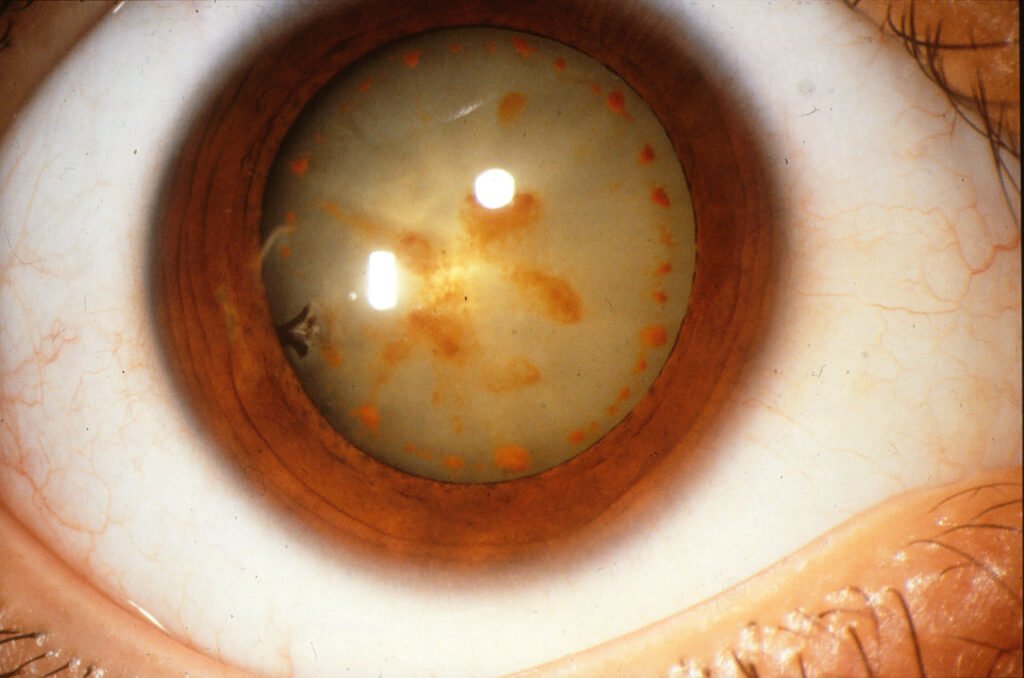
Cataract Surgery covering Sussex
We service Brighton, Eastbourne, Haywards Heath, Hove, Lewes and the surrounding areas
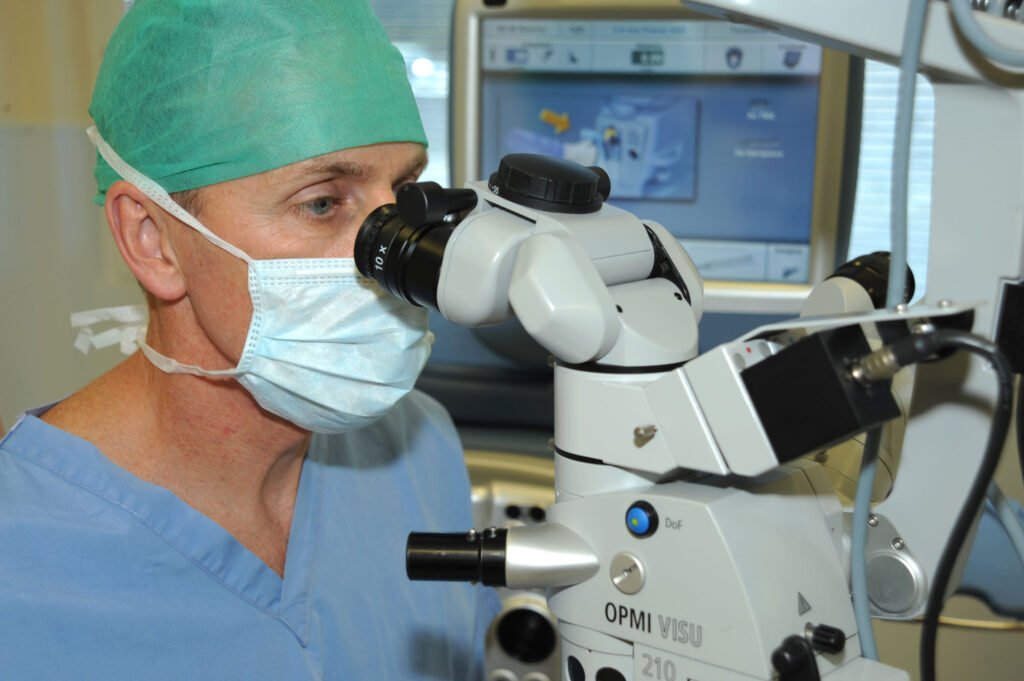
What Is Cataract Surgery?
Cataract surgery has come a long way, with most procedures now using a technique called phacoemulsification. This minimally invasive “keyhole” surgery uses ultrasound energy to break up and remove the cloudy lens. A new, clear artificial lens (called an intraocular lens implant) is then placed inside your eye.
In the hands of experienced surgeons, cataract surgery has a very high success rate and leaves most patients very satisfied.
-
Faster recovery
Cataract surgery is typically performed as a day case, allowing patients to return home on the same day as the procedure.
-
Improved vision
Most patients experience significant improvement in vision after cataract surgery, often noticing sharper, clearer vision within a few weeks.
-
Reduced dependence on glasses
In some cases, cataract surgery can reduce or eliminate the need for glasses.
-
Safer and more comfortable
Modern surgical techniques and anesthesia make cataract surgery a safe and comfortable experience for most patients.
Contact Us
We’re here to answer your questions and help you achieve optimal eye health.
Get In Touch
- Phone: 01903495532
- Location : 1 Brooks Rd, Lewes BN7 2DN
- Email: contact@eyedoctorclinic.co.uk
Opening Hours
- Monday - Saturday 10 am -6 pm
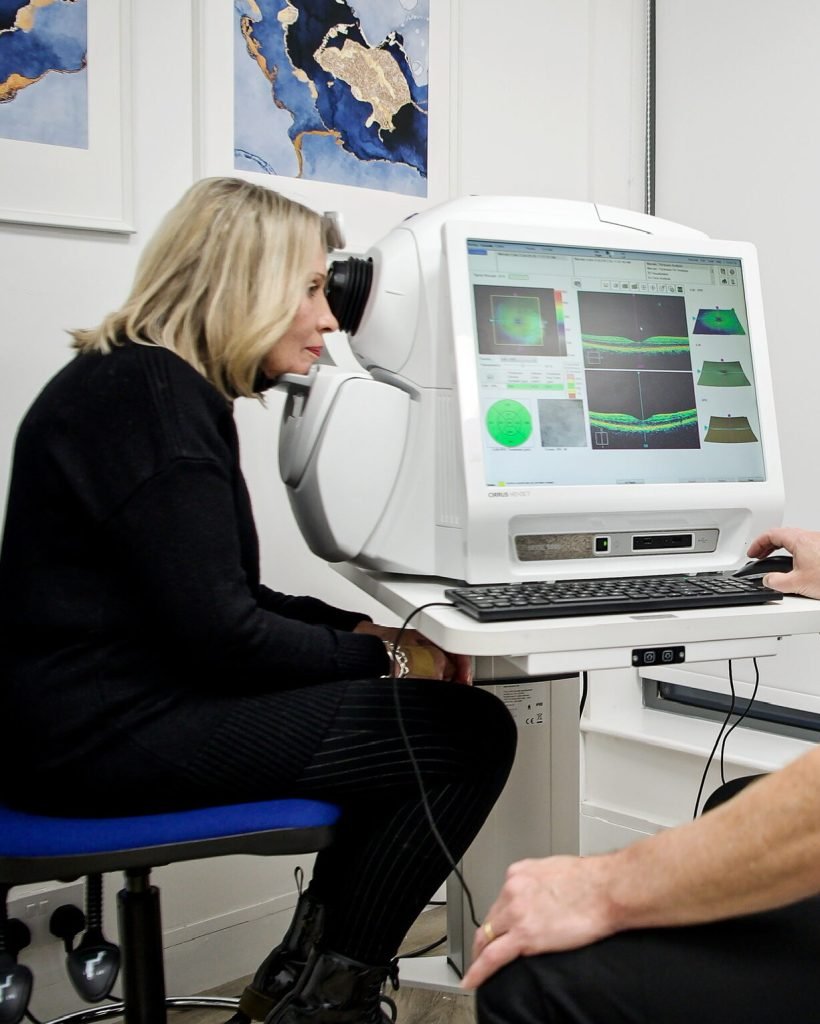
Frequently Asked Question
Cataracts are when the lens, a small transparent disc inside your eye, becomes cloudy. Over time, cataracts usually progress, causing blurry,
misty vision (occasionally glare) and eventually blindness. When we are young our lenses are like clear glass, allowing us to see in focus. As we get older, they start to become frosted, like bathroom glass, and begin to limit our distance and/or near vision.
Cataracts do not grow back after surgery. However, the capsule behind the new intraocular lens implant (IOL) can become slightly cloudy. This is common and can develop at any time after the cataract surgery. It can be treated in the eye clinic with a minor procedure called a laser YAG capsulotomy.
Surgery is performed through a very small incision, and the cataract is
taken out in very small pieces using ultrasound (phacoemulsification). A new acrylic (plastic) lens implant is inserted in the place where the
cataract was removed from. The incision is then sealed, usually without the need of stitches.
Cataract surgery is not painful, as your surgeon will use a type of local anaesthetic to make the eye numb. There are different types of local anaesthetic (eg: subtenon’s, topical) used for cataract procedures to suit everybody's needs. The options will be explained in detail, and you can agree with the surgeon on the best technique for you.
Like with any surgical procedures, a cataract operation does have some risks and the important ones will be explained to you when you see your surgeon. Overall, cataract surgery is regarded as very safe and serious sight threatening complications are rare (approximately 1 in every 1000 cases). Cataract surgery usually has a greater than 95% chance of improving vision and is the most commonly performed operation in the UK.
It depends on the type of work you do, but the average time would be
one to two weeks, even less in some cases.
After the surgery you will need to use eye drops to treat mild
inflammation and prevent infection, and there will be a few things to avoid, such as strenuous exercises, being in smoky/dusty environment, gardening, or wearing make-up. If you are a sporty person, you should avoid swimming, bowling, heavy lifting and contact sports for at least
two weeks.
We will give you all the information needed, before you go home on
the day of surgery. However if you are worried at all or forgot to ask
something regarding the procedure or the aftercare, we will give you a
phone number to contact us.
At The Doctor Clinic our team of Eye doctors treat various eye
conditions such as Ptosis (droopy eyelids), Entropion (inward turning
eyelid), Ectropion (outward turning eyelid), Blepharoplasty (removal of
excess skin of eyelid), tear duct surgery, dry or watery eyes, excision of
lumps and bumps around your eyelids.
You can find all the booking and pricing information on our website:
www.thedoctorclinic.co.uk
This is a highly specialist service; we typically service patients from Brighton, Eastbourne, Haywards Heath, Hove and the surrounding areas.
